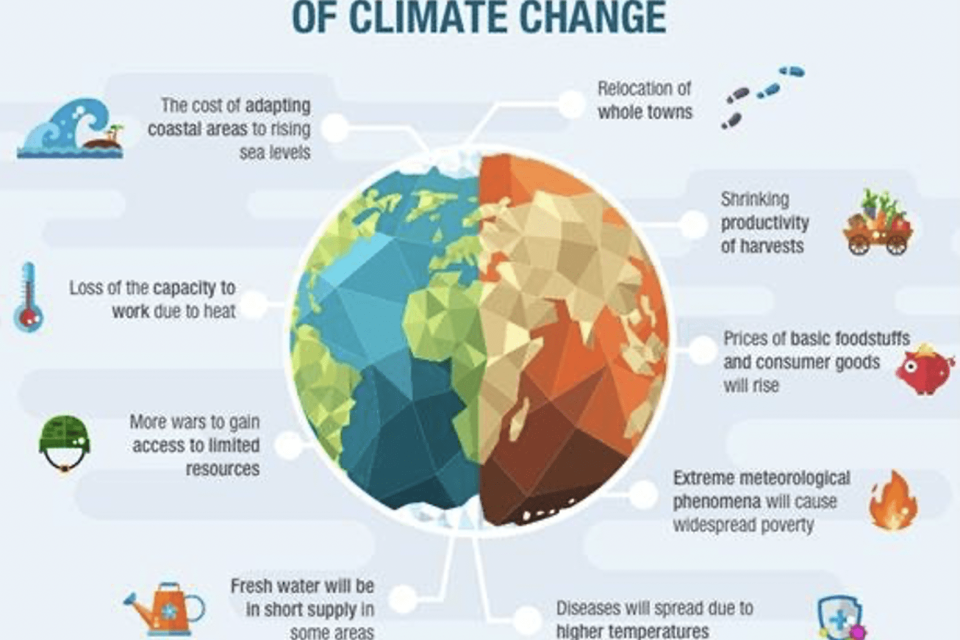Addressing Climate Change through International Law
Understanding International Climate Change Law
In the fight against the escalating effects of climate change, the role of international law in addressing climate change is cardinal and cannot be overstressed. International law plays an integral role in mitigating the impacts of climate change by anchoring well-framed policies, and setting the stage for climate justice. However, the efficacy of international law largely depends on state compliance and enforcement mechanisms, underscoring the importance of the rule of law and political will.
International Climate Change Law emanates from world treaties such as the Paris Agreement and the United Nations Framework Convention on Climate Change. It governs processes such as the measurement of greenhouse gas (GHG) emissions and the establishment of Nationally Determined Contributions (NDCs) through which countries enumerate their commitments to reducing emissions and addressing the impacts of climate change.


